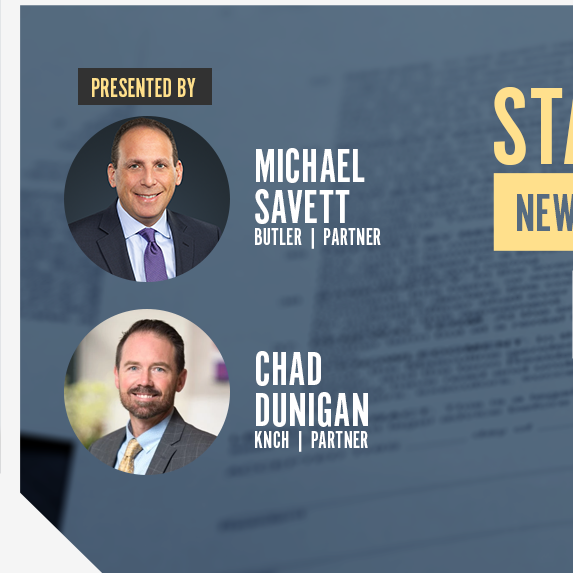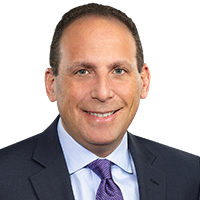
Sports Laws Focusing More and More on Youth Sports
July 24, 2014
Youth sports have become a year-round, multi-million dollar industry. From travel teams to club ball, to off-season workouts, the concept of youth sports has changed dramatically from a fun day at the park to a highly competitive atmosphere, where specialization and focus on one particular sport begins at an earlier and earlier age. As a result of the increase in the popularity and appetite for competition among children, the law has also begun to change.
It is estimated that every year, more than 50,000 concussions occur in high school football alone. Other sports, such as soccer and baseball, are not far behind. As a result of the increase in awareness of traumatic brain injuries in sports, almost every state has adopted legislation designed to minimize the risk of head injuries.
Most state laws related to head injuries in youth sports have been passed in the last five to six years. These laws are patterned after a Washington state law that was passed in 2009 in reaction to an athlete that suffered a debilitating brain injury while playing football. Currently, both Alabama and Florida have laws that provide the same basic protections for athletes. See, Code of Alabama §22-11E; and 2012 Fla. Laws, Chap. 167.
Alabama and Florida, like most states, require that several things be done whenever an athlete is suspected of having a concussion or other potential brain or head injury. For example, both states require that an athlete suspected of having a concussion be removed from play. The laws also require the states to set up “return-to-play” guidelines that involve things such as the clearance and even the written permission of a medical professional before the athlete can be allowed to play again. In addition, both states require athletes and coaches to undergo concussion awareness training before they can participate in sports.
Other states’ requirements vary to some degree. South Carolina does not require coaches to attend training, whereas Illinois requires training for coaches and players, but does not include mandatory removal from the play where a concussion or other head injury might be involved. Georgia does not require written clearance from a medical professional before an athlete can return to play.
Having served as a coach, a volunteer director for a school sports program, and as a referee for high school and youth sports, I have seen the impact these laws are having on the game. While awareness has certainly increased, the potential for liability has also increased. With state laws mandating clear guidelines and requirements, it is easy to see how local youth sports associations may overlook specific requirements for training and awareness. Coaches may not want to keep a player out of a game because of the impact it has on their team’s ability to compete. Referees may not be adequately trained to spot potential head trauma, and inexperienced referees may be reluctant to enforce the rules according to the state’s mandates.
And what about equipment issues? If the local youth sports program supplies helmets or other equipment, is the program doing a good job of maintaining the equipment? Is the child using a properly sized helmet, and does the helmet have adequate protection to ward off a potential head injury?
All of these issues can lead to potential liability on the part of the youth sports association, referee organization, or even individual liability for the coach, sports director, or referee. Failure to follow guidelines or state mandates could also potentially raise coverage or underwriting issues under a general liability policy. Having a policy in place where head injuries are concerned – and following that policy – is essential to any sports program. The days of “rubbing some dirt on it” and getting back in the game are over.
Mike is with the firm’s Mobile, Alabama, office. He practices in the areas of general liability defense, with particular focus on construction defect matters, and both first and third-party property/casualty coverage.
For any further questions, please contact Michael Montgomery.



